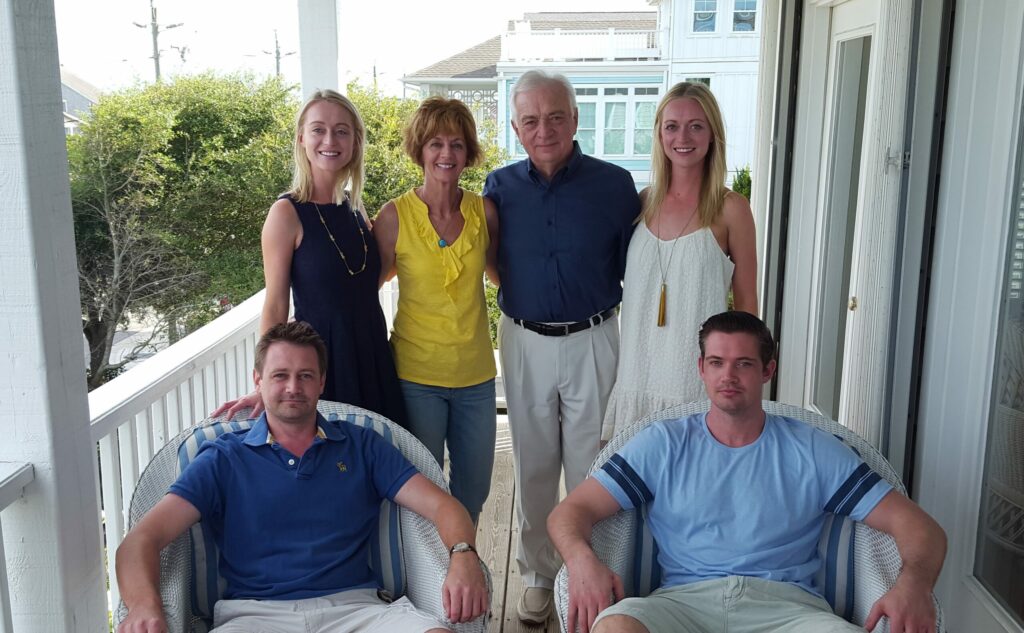Give me a child until he is seven, and I will give you a man.
Francis Xavier, co-founder of the Jesuit order
There is a story told me by my Father. It was very popular in Poland, when we were run by communist Russia after WWll.
To help women with a heavy work schedule in factories, the government created nurseries and kindergartens. Some of them were for a day, but some lasted for a week. Young mothers were dropping off their children on Monday morning and picking them up on Saturday afternoon (there was a six-day workweek). This was designed to “help” working women, and, of course, was free of charge. One Saturday afternoon, a mother is picking up her child and noticing, that the child given by the attendant is not hers. She calls the teacher and says, “This is not my child!”. The caretaker is not moved at all. “It really doesn’t matter, you will bring this child back on Monday anyhow” is the answer.
Communists were not the only ones who appreciated early education (indoctrination?) of young children. The same was done by the Nazis (Hitlerjugend). Turks as early as in 13th century were taking away boys as young as 5–7 years of age from their mothers in invaded Poland. They were trained to become soldiers (Janczarzy). They converted them all to Islam. They usually constituted an elite fighting force, quite often fighting against their compatriots, not knowing their roots. They could retire at the age of 45 if they lived that long.
To have complete control over childhood education, homeschooling is vigorously fought by governments with totalitarian system.
Here is another story, this time from our lives. A very educational one.
When our twins were born, we hired a babysitter to help us with handling all four kids. She was a girl in her twenties, from a very decent family, with a religious background, looking for a job. After a few moths, she decided to go to Washington, DC and look for employment there. She found work as a nanny for a recently adopted baby. The child’s mother was a high power executive woman in her 40s, whose biological clock was saying it was getting late. She was not married and traveled a lot. After one of her many business trips, she came home and realized that the baby didn’t recognize her anymore and called the babysitter “mommy”. So the nanny was fired.
The similar thing happened to me and my sister, when my Mother left for a 30-day vacation (a very unusual event) and we stayed with our Grandmother. We were also very little at that time. When our Mother came back, we were calling Grandmother – Mother and didn’t know who this strange new woman was. Mother was petrified, and long solitary vacations never happened again.
In our family we were careful, to a fault, to balance professional lives and personal lives. Dinner times, family vacations, school’s and extracurricular activities were priorities. And when the work time was becoming overbearing, we found ways to restrict it. Working in a hospital is like quicksand. It will pull you down before you know it. It’s very appealing and rewarding. Most of the doctors are excellent professionals. Patients love them, nurses respect them, their orders are being fulfilled and the feeling of being in charge is addicting. And I am not even talking about free coffee and donuts. Time spent in hospital is expanding easily and, by default, time spent with the family, unfortunately, is shrinking. When we realize that something is wrong, quite often is too late. We are being swallowed by the quicksand. I’ve seen so many divorces among medical professionals. Children don’t know their father’s birthday, not even talking of Father’s Day. For some doctors, one of the main rewards for hard work is money. It seems logical, that they see material rewards as an expression of parental love. Therefore children are getting expensive Christmas presents, cars, clothes and vacations. Unfortunately, quite often monetary gifts come as a replacement for time not spent with children. It never works. Quite often it is much easier to do a complicated operation and give part of this money to your child, than to go with his class on a trip to Washington, DC. At least in the hospital, they listen to you. At home, that’s another story.
But when I am getting older, more and more it becomes clear to me, that one of our most important goals in life is to raise children. It may be the most important. It’s not how much money you will leave for them. It’s how they will remember you.
The best way to raise children is just to be there.
I said it. But I don’t know how many people said it before.


